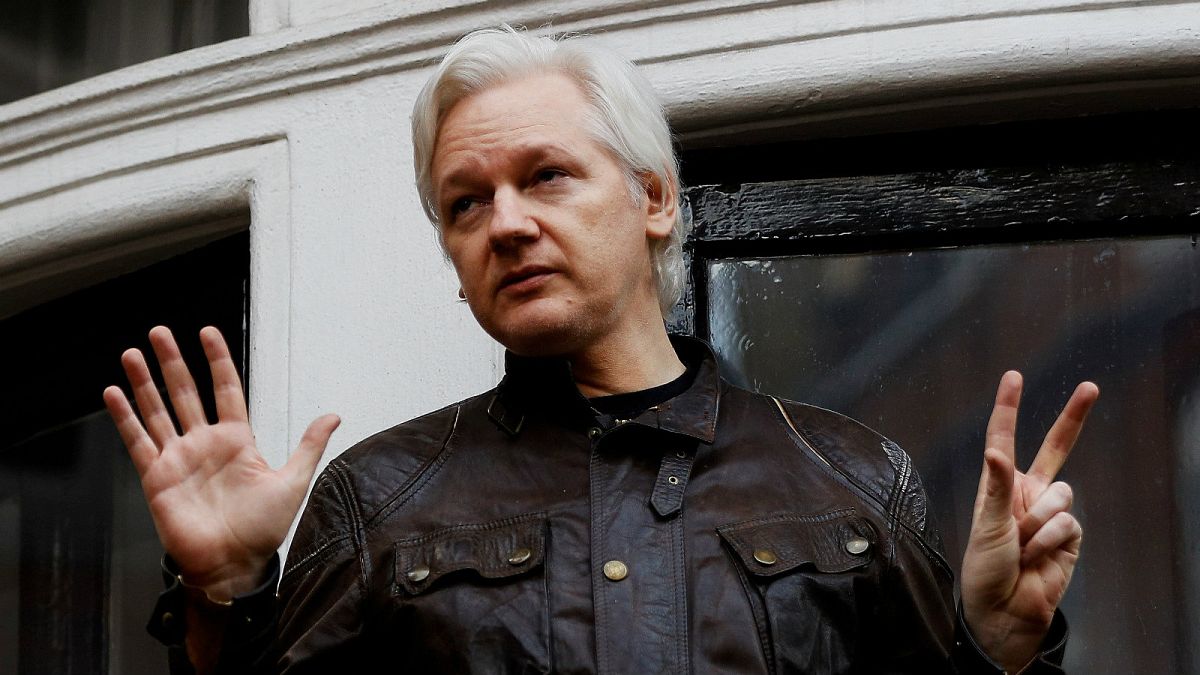The Wikileaks founder sought asylum in Ecuador’s London embassy in 2012 to avoid being extradited to Sweden.
A British judge is set to rule today on whether or not Julian Assange’s arrest warrant in the UK should be dropped. Should his appeal succeed, the Australian could walk free from the Ecuadorian embassy in London for the first time in almost six years, the Crown Prosecution Service has confirmed.
The warrant was issued in 2012 after Assange allegedly breached bail conditions by seeking asylum in the embassy. He fled there after losing a series of court battles to avoid extradition to Sweden, where he faced allegations of sexual assault against two women. Assange has denied the allegations.
The 46-year-old feared he would be extradited to the US if he was taken to Sweden after his whistleblowing website published thousands of classified US documents detailing the country’s diplomatic and military activities in 2010. There are rumors that there is a sealed indictment ordering his arrest.
But in May 2017, Swedish prosecutors dropped their case against him as it was impossible to serve him notice.
“In order to proceed with the case, Julian Assange would have to be formally notified of the criminal suspicions against him. We cannot expect to receive assistance from Ecuador regarding this. Therefore the investigation is discontinued,” said Sweden’s director of public prosecutions, Marianne Ny.
As a result, Assange’s lawyer Gareth Pierce argued last month that the arrest warrant "lost its purpose" and should be quashed.
Convictions for failing to surrender to bail carry a maximum sentence of one year in prison.
But even if Assange’s appeal is successful, he may choose to stay in the embassy for other reasons.
The UK has so far refused to grant him diplomatic status, which would make a US extradition request more difficult to enforce.
In April 2017, US Attorney General Jeff Sessions said arresting Julian Assange over Wikileak’s publishing activities was a "priority".
*This story was updated to clarify the ruling is on whether to drop the British arrest warrant.
